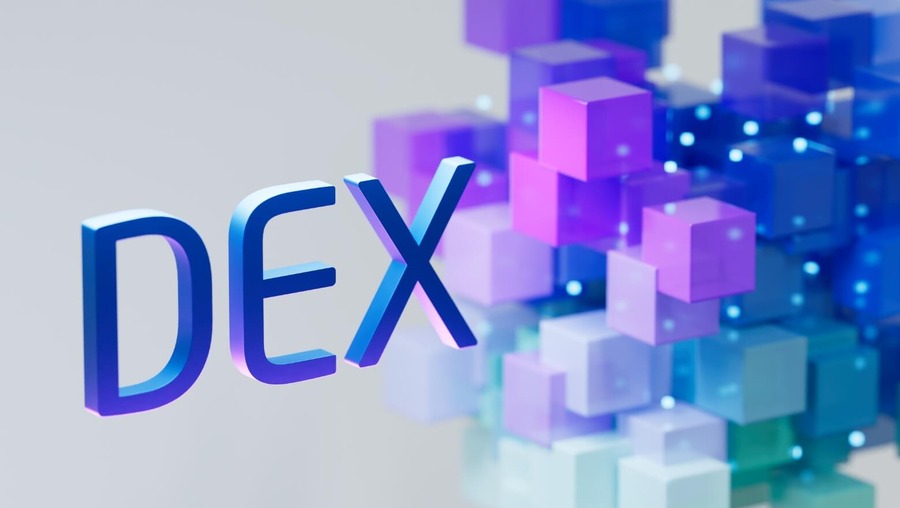Decentralized exchanges, also known as DEXs, have been gaining popularity in recent years as an alternative to centralized exchanges (CEXs). While traditional financial institutions have been around for centuries, the emergence of DEXs has disrupted the financial industry, posing a threat to centralized exchanges and traditional financial institutions. In this article, we will discuss the impact of decentralized exchanges on traditional financial institutions.
What are Decentralized Exchanges?
Decentralized exchanges are digital platforms that enable users to trade cryptocurrencies and other digital assets without a central authority controlling the platform. Unlike centralized exchanges, DEXs operate on a peer-to-peer network that utilizes smart contracts to facilitate trades. Transactions on DEXs are trustless, meaning they do not require intermediaries, and users have complete control over their funds.
Impact of Decentralized Exchanges on Traditional Financial Institutions
1. Reduced Dependence on Intermediaries
One of the significant impacts of DEXs on traditional financial institutions is the reduction in dependence on intermediaries. DEXs enable users to trade digital assets directly with one another without the need for intermediaries such as banks or brokers. This reduces the fees associated with traditional financial institutions and provides users with more control over their funds.
2. Increased Security
Decentralized exchanges provide users with enhanced security as they do not require users to store their assets on the platform. Instead, users can connect their digital wallets to the DEX, allowing them to maintain control over their funds. This means that DEXs are less vulnerable to hacks or security breaches that centralized exchanges are prone to.
3. Greater Liquidity
Decentralized exchanges provide greater liquidity as they allow users to trade directly with one another. This means that users can buy and sell digital assets at a fair market price without the need for intermediaries. DEXs also provide access to a broader pool of potential buyers and sellers, increasing liquidity and reducing price volatility.
4. Borderless Trading
DEXs enable borderless trading, allowing users to trade digital assets with individuals from all over the world. This provides users with access to a global market and reduces the barriers to entry for individuals in countries with limited access to traditional financial institutions.
5. Regulatory Challenges
While DEXs offer many benefits, they also pose a challenge to traditional financial institutions regarding regulations. Unlike centralized exchanges, DEXs are not subject to government regulations, making it difficult for traditional financial institutions to compete with them. This has led to concerns about the potential use of DEXs for money laundering and other illicit activities.
6. The Future of Traditional Financial Institutions
The emergence of DEXs has disrupted the financial industry, posing a threat to centralized exchanges and traditional financial institutions. However, traditional financial institutions are not entirely powerless in the face of this disruption. They can adapt to the changing market conditions by investing in blockchain technology and exploring opportunities to incorporate DEXs into their operations. This could potentially lead to a hybrid model, where traditional financial institutions use DEXs to offer their clients more decentralized options.
Conclusion
In conclusion, DEXs have disrupted the financial industry by reducing dependence on intermediaries, providing increased security, greater liquidity, and borderless trading. However, regulatory challenges remain a significant concern for traditional financial institutions, and they need to adapt to the changing market conditions. The emergence of DEXs provides an opportunity for traditional financial institutions to explore new business models and adopt blockchain technology, leading to a more decentralized future.

